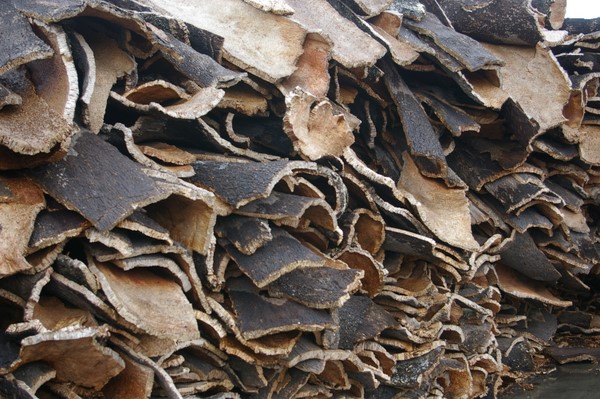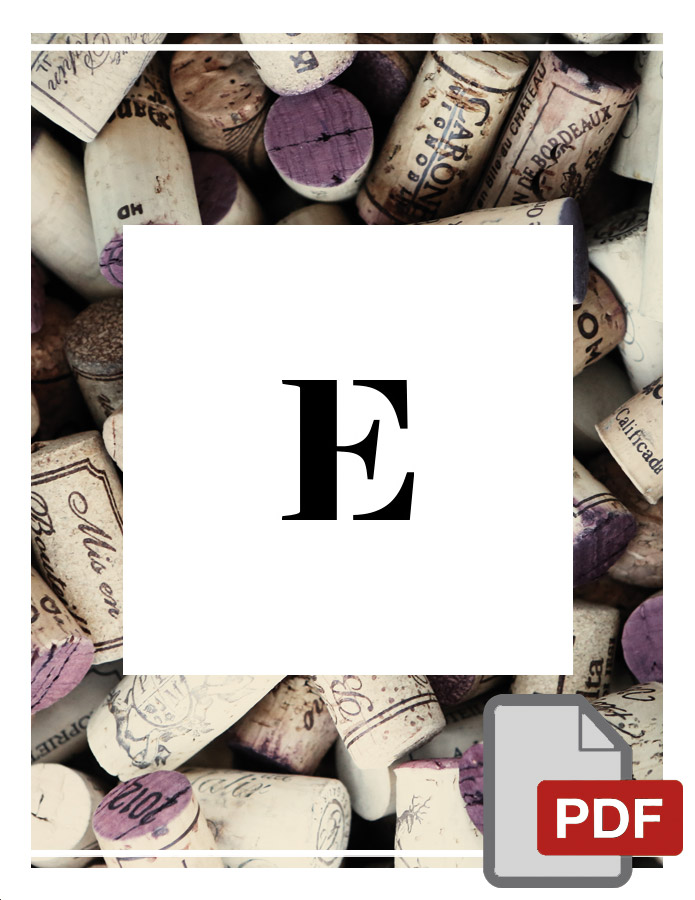Curiosity
The crok stopper
 Let’s find out information, pros and cons of one of the oldest and most famous ways to close the bottles of wine: the cork stopper.
Let’s find out information, pros and cons of one of the oldest and most famous ways to close the bottles of wine: the cork stopper.
History
The Ancient Greeks were the first to use cork worked to close containers like amphorae. This was because it was understood that the wood obtained from the cork tree had unique characteristics of thermal insulation, impact resistance, floatation and ability to seal the containers, which are combined with a low permeability to liquids. The spread in the oenological field is due to France, where from the second half of the seventeenth century it became common to find cork stoppers.
Property
The strong point of cork is the tightness, due to the presence of suberine, an organic substance that forms a large part of the cell membrane of cork, is insoluble, inert, flexible, plastic and does not transmit unpleasant odors or flavors to substances with which it is in contact.
The cap must be chosen according to the type of wine, the pressure it exerts and the diameter of the bottle neck; as mentioned, it affects the conservation of wine because it prevents the entry of air. After bottling, the wine continues its evolution, assuming peculiarities and bouquets typical of the different products.
How to get it
The process to get the material of natural origin is very complex: it begins with the decortication, followed by boiling and disinfection, for pressing and trimming, until the coring, in which the best parts are chosen to extract the various types of plug. The most valuable cork is the one used in the oenological field.
Cork or synthetic stopper?
The synthetic cap brings with it many advantages such as the elimination of the annoying “cork” odor. Detached from mechanical resistance, impermeability to gases, especially carbon dioxide and sulfur, ease of extraction and a guarantee from a hygienic point of view. It also keeps unchanged the characteristics of young wines ready to be drunk. Few, however, show affection in seeing it in bottles where aging is expected. For this reason, studies show that the synthetic does not allow the natural evolution of wine.
I hope I have captured your attention nicely! Good day everyone!
Ilde





